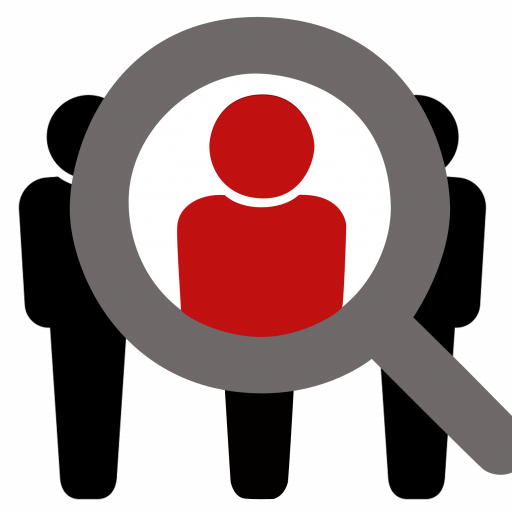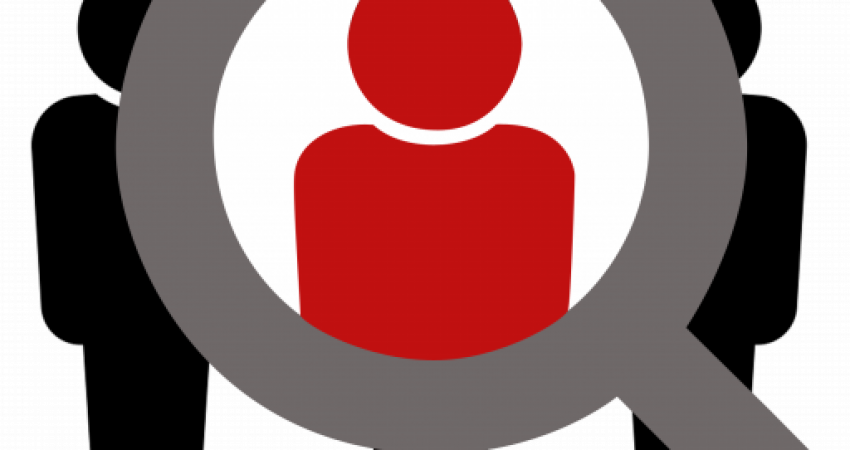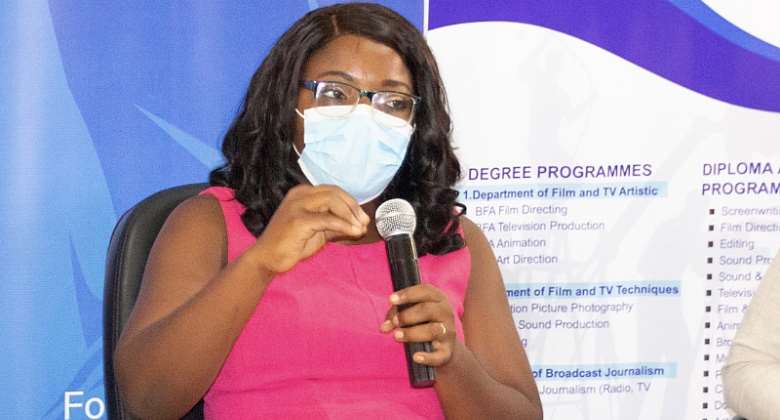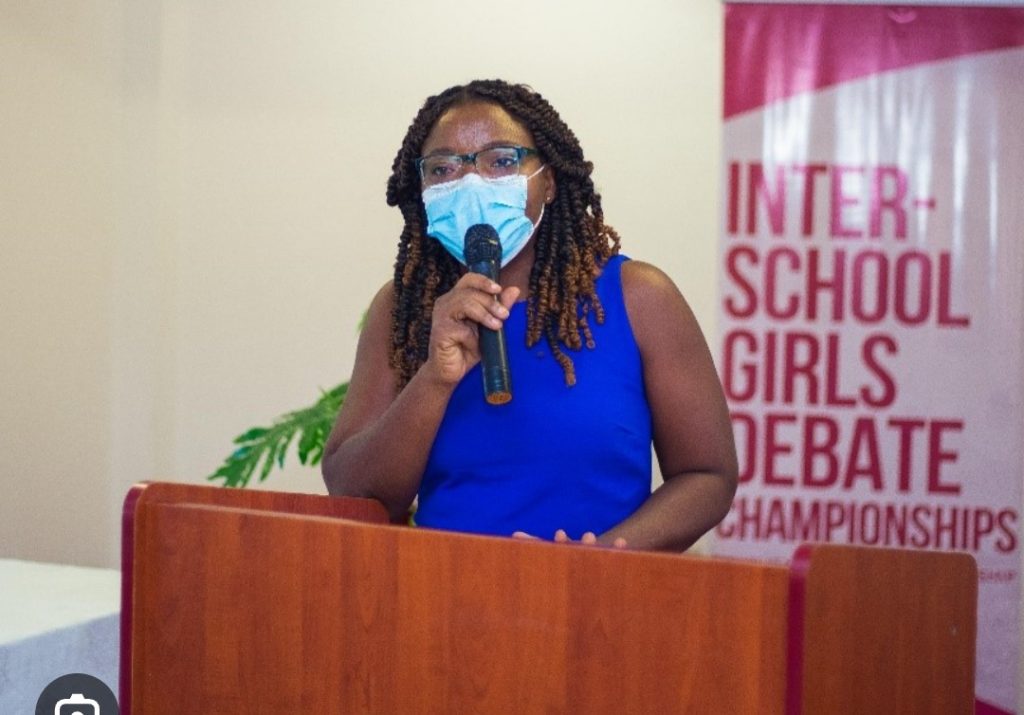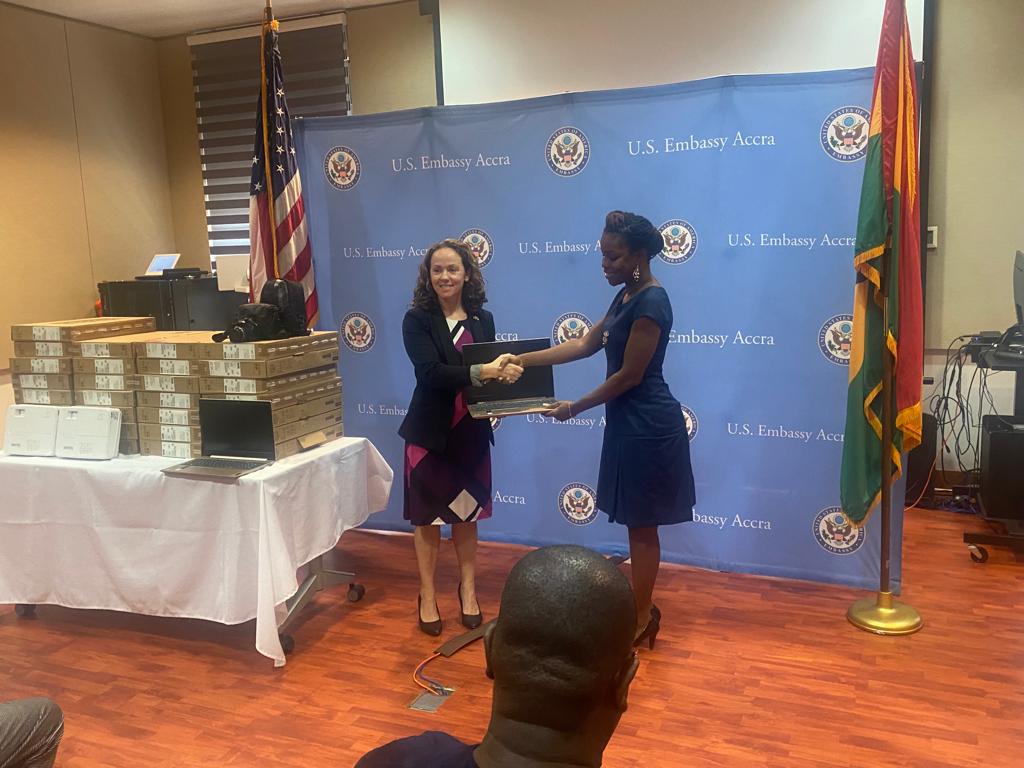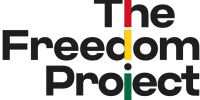Corruption Watch has discovered that the Mental Health Authority (MHA) is becoming a serial offender in effectively accounting for public funds allocated to it.
The Auditor-General, for instance, questions the whereabouts of almost 200 thousand Ghana cedis of funds disbursed to the MHA in recent years.
In addition, the Internal Audit Agency (IAA) has shamed the MHA for failing to submit three consecutive quarterly internal audit reports and one annual internal audit work plan.
The IAA insists that the submission of various reports and plans to the Agency provides “an assurance that existing control systems are working in the form and manner required.”
Reacting, Professor Akwasi Osei, the Chief Executive of the MHA, said he was not aware that the IAA had shamed the MHA for audit infractions. Besides, doubted the IAA’s claim that the MHA had not submitted internal audit work plan and reports, saying he needed to confirm from his team whether they did not submit the reports.
In a telephone interview with Corruption Watch on Tuesday, Professor Osei disagreed with the recommendations of the Auditor-General that he should refund unaccounted funds that had been disbursed to the MHA’s partners.
Why care about MHA?
The World Health Organisation (WHO) recognises October 10 of every year as “World Mental Health Day.” The focus of the 2021 celebration is “Mental health care for all: let’s make it a reality.”
In Ghana, the first reality is that estimates show that 13 out of every 100 Ghanaians suffer from one form of mental health issue. That is a huge number of people there. A second reality for Ghanaians is that there is a need for money to take care of this huge group of people.
Therefore, it is worrying for experts that Ghana’s MHA is not adequately accounting for funds made available to it.
The Mental Health Act, 2012 (Act 846) established the MHA. The objects of the authority are to:
- propose mental health policies and ensure their implementation;
- implement mental health policies;
- promote mental health and provide humane care including treatment and rehabilitation in a least restrictive environment; and
- Promote a culturally appropriate, affordable, accessible and equitably distributed, integrated and specialized mental health care that will involve both the public and the private sectors.
Essentially, the Mental Health Authority has a mandate to oversee and regulate mental health care in Ghana.
In the performance of its duties, the authority requires resources. According to the MHA’s Facebook page, mental health services in Ghana have lacked and still lack human and financial resources. Therefore, more “funding is needed to promote mental health to increase people’s awareness of the issue.”
Auditor-General indicts
Sections 91 and 92 of the Mental Health Act, 2012 provides instructions on how the board of the authority should account for funds disbursed to the authority annually. These include submitting accounts to the Auditor-General and submission of the resulting audit report to the sector ministry for transmission to parliament.
In addition, the Internal Audit Agency Act, 2003 (Act 658) and the Public Financial Management Act, 2016 (Act 921) require the Mental Health Authority to submit annual internal audit work plans and quarterly audit reports.
However, Corruption Watch has discovered that the MHA is failing the accountability test.
For two consecutive years, the Auditor-General has raised questions about the whereabouts of almost GHC200,000 of funds disbursed to the MHA in recent years.
In the Auditor-General’s reports on the accounts of Ministries, Departments and Other Agencies (MDAs) for 2019 and 2020, he found that the MHA could not account for or substantiate the spending of a total amount of GHC193,727.
In the 2019 report, the Auditor-General indicted the MHA and 42 other institutions under the Ministry of Health (MOH) for not being able to substantiate the payment of more than GHC2.5 million.
Specifically, the Auditor-General cited the MHA for not substantiating two payment vouchers totalling GHC56,400.
The Auditor-General stated, “…our review of records disclosed that payment vouchers…were not supported with the relevant documents to authenticate the payments.”
He added, “Considering the lapse of time in accounting for the expenditures, we are of the view that the expenditures were not incurred in the interest of the State. We therefore disallow the payments and urged the Ministry [of Health] to ensure the recovery of the amount, failure of which they would be surcharged.
The Auditor-General also charged the MHA in his subsequent audit report for 2020. In this instance, the amount in question was that of a donor – the World Health Organisation. The Auditor-General wrote that “Our examination of the payment vouchers showed that in February 2019, programme funds amounting to GH¢366,726.51 paid to seven partners on behalf of WHO to support Quality Rights implementation had only GH¢229,399.05 accounted for, leaving a difference of GH¢137,327.46.
“We recommended that the CEO should ensure that all implementing partners immediately refund the monies, failing which the amount should be recovered from the CEO,” the Auditor-General stated.
The WHO could blacklist the Mental Health Authority for not accounting for its funds.
Internal Audit Agency shames
On September 16 2021, the IAA added to the list of infractions that the MHA has committed when it shamed it among hundreds of public institutions, which have flouted provisions of the Internal Audit Agency Act, 2003 and the Public Financial Management Act, 2016.
According to the IAA, the MHA has failed to submit three consecutive quarterly internal audit reports for the last quarter of 2020 (October-December) and the first two quarters of 2021 (January-March and April-June).
In addition, the authority failed to submit its annual audit work plan to the IAA even though the law requires it to do so within 30 days of the beginning of the financial year.
Section 91(4) of the Mental Health Act, 2012 states that the financial year of the Authority shall be the same as the financial year of the Government [which is January to December of every year].
Corruption Watch has learned that the MHA has a history of financial irregularities as captured in some of its previous internal audit reports submitted to the IAA.
Mental Health Authority fights back
Professor Osei told Corruption Watch in a telephone interview on Tuesday evening that MHA was addressing the concerns raised by the Auditor-General.
Regarding unsubstantiated payments made with two vouchers valued at GHC56,400, Professor Osei said, “I have asked…my acting director of finance to submit to me what really happened that the two PVs were not supported. So, I’m yet to get his response. So, as at now I’m not too sure of exactly what happened.”
He said he had not seen a copy of the Auditor-General’s report on the accounts of Ministries, Departments and Other Agencies (MDAs) for 2019. “Normally, when they publish we get a copy but I don’t think I’ve seen this copy. So, again, I will pick it up… But normally we have an audit committee that looks at these. I am privy to the responses that they produce. But I’m not sure that I’ve seen this very one.”
On the other hand, Professor Osei disclosed that the MHA’s partners had fully accounted for the GHC137,327.46 which the Auditor-General had raised red flags about in the 2020 report on MDAs.
However, he was displeased about the Auditor-General’s recommendation that he (as the MHA CEO) should ensure that all implementing partners immediately refund the moneys, failing which the amount should be recovered from the him.
“Well, I’m not sure the recommendation should be ‘refund it’. Two things: one WHO gave the money for us to give to the partners to implement this programme. So, what I think we should find out is have they given a receipt to us to show that we’ve given the money to them. That is one aspect; and two, if they got the money did they use for the purpose it was intended to be used? I think those are the first two questions and not to say they should refund. If they used it for the purpose it was intended, why refund?” Professor Osei queried.
On the matter of the shaming by the IAA, Professor Osei said that he was not aware of the publication sponsored by the IAA, which shamed the MHA for non-submission of reports.
However, he will follow-up on the IAA’s publication and ensure his team would take the appropriate steps to remedy the situation.
